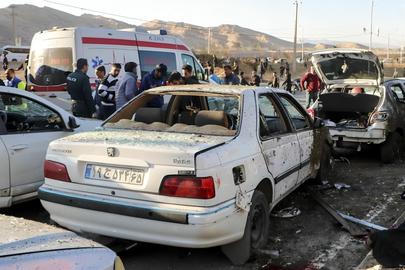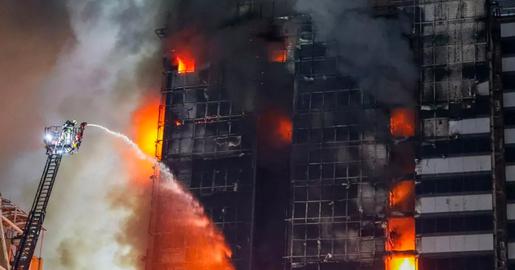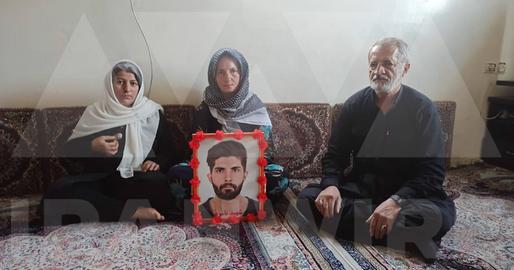Twenty-two days after a twin bombing targeted a ceremony marking the fourth anniversary of Qassem Soleimani's killing, the Wall Street Journal reported that the United States had alerted the Islamic Republic about the attack.
However, Iranian authorities denied receiving such a warning.
A "security official" told the official IRNA news agency that if any message exchange occurred, it was intended to "protect" the United States from potential Iranian retaliation. Another unnamed Iranian official bluntly rejected the US media report as untrue.
If the US did warn the Islamic Republic, questions arise about who bears responsibility for the loss of nearly 100 lives in the attack that rocked the southeastern city of Kerman on January 3, and whether the Islamic Republic fulfills its duty to adequately protect the well-being of its citizens.
Despite the Iranian denial, it's not unprecedented for the Biden administration to convey such messages privately.
During the initial weeks of the Israel-Hamas conflict in Gaza, Foreign Minister Hossein Amir-Abdollahian said Tehran had received warnings from the Americans against escalating the hostilities in the region.
While the Iranian government is unlikely to confirm the WSJ report, the absence of Soleimani's children and officials, even at the provincial level, at the Kerman ceremony fueled speculation that the government's security apparatus knew about the attack.
And the Kerman prosecutor announced that 16 bombs had been uncovered, further raising suspicions.
The government's failure to cancel the ceremony, despite being aware of potential attacks, resulted in the loss of dozens of lives.
Amir Mehdipour, a jurist and human rights lawyer, asserts that, from both international and domestic legal perspectives, the Islamic Republic bears responsibility for the deaths of over 90 people in Kerman.
He points to Article 11 of the Islamic Republic’s Civil Liability Law, which stipulates that the government, while performing its duty, is responsible for compensating damages caused to individuals intentionally or by negligence.
Even if the Iranian government had information about an impending terrorist attack in Kerman and did not intentionally prevent it, or if it was unaware of it due to negligence, it remains accountable.
This is not the first instance where the Islamic Republic has allowed harm to befall Iranian citizens when preventative measures were possible.
One glaring example of the government's intentional negligence in safeguarding citizens' lives is when the Islamic Republic, on the orders of Supreme Leader Ali Khamenei, refused to import vaccines developed by Western nations.
A study estimated that 75,000 lives could have been spared in Iran if the vaccines had been inoculated on time.
In response, a group of civil activists and lawyers, collectively known as "health plaintiffs," vowed to file a complaint against the leader of the Islamic Republic. All of them were arrested and handed severe prison sentences.
A fire that recently hit Tehran's Gandhi Hospital serves as another illustration of the authorities’ deliberate negligence. The hospital continued its operations despite having been "warned" five times over security issues.




























comments